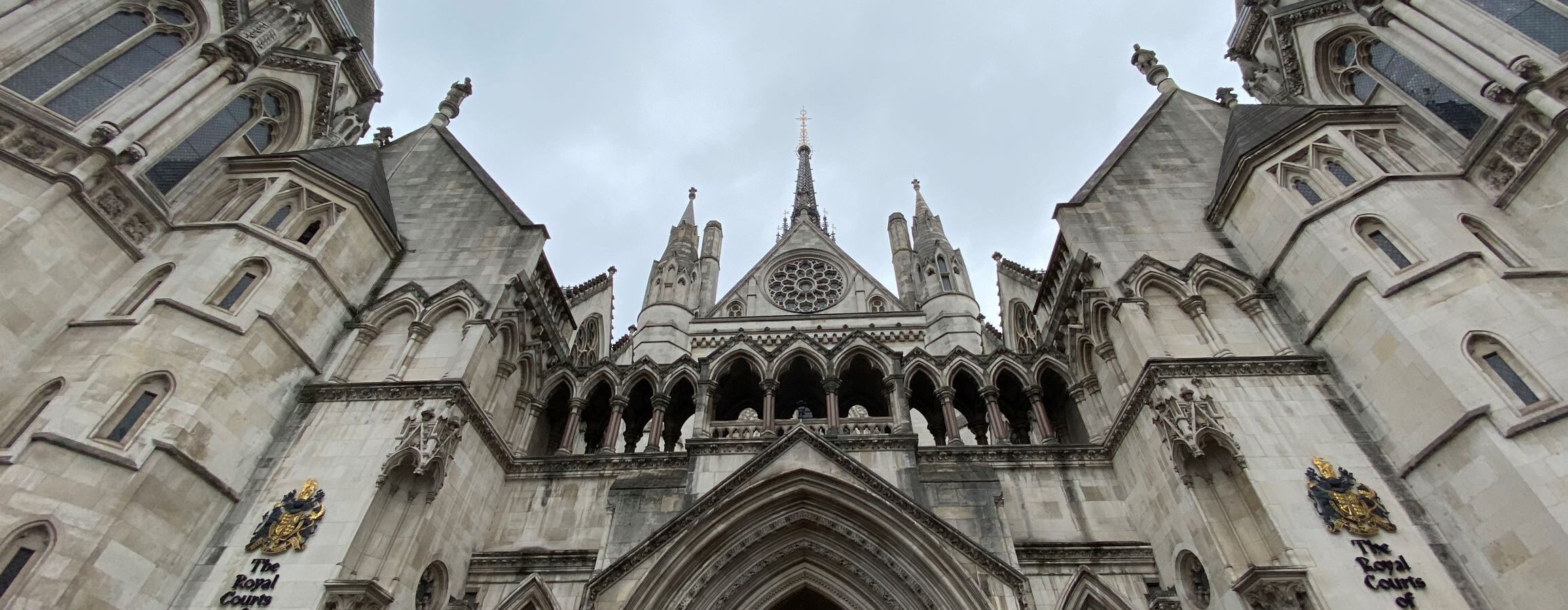High Court quashes decision by District Judge to refuse an intermediary for 14 year-old
The High Court, on an application for judicial review, has quashed the decision of a Youth Court District Judge (DJ) not to allow an intermediary to assist a 14-year-old boy with learning difficulties at his trial. The Divisional Court (DC) in TI v Bromley Youth Court [2020] EWHC 1204 (Admin) has confirmed that decisions concerning whether to grant an intermediary must be made on a ‘case by case’ basis.
Legal framework
There is no statutory basis for the appointment of an intermediary for a defendant – s.33BA of the Youth Justice and Criminal Evidence Act 1999 has yet to be brought into effect. However, any court can appoint an intermediary to assist a defendant as part of its inherent jurisdiction. The current Criminal Practice Directions deal with this at CPD 1A.3. and CPD3F.11-18 deal with the position of intermediaries for defendants in general. Whilst such an appointment will be ‘rare’ (CPD 3F.13), that does not mean that there is a high bar to such an appointment being made. CPD 3F.24-26 deals with the appointment of an intermediary for a child under the age of 18.
Decision at first instance
The District Judge gave her reasons for refusing to appoint an intermediary in a short ex tempore judgment delivered on 29 November 2019. She identified seven factors as relevant to her decision
- She observed that the Youth Court is a specialist jurisdiction well-accustomed to dealing with vulnerable young people. She considered that the recommendations in relation to questioning of the claimant were familiar in that jurisdiction and were not unusual or technical in nature.
- She referred to Rashid [2017] EWCA Crim 2 as authority for the proposition that the bar of the appointment of an intermediary is a high one. She said that the court could adapt its processes to allow the Claimant ’s participation in the proceedings.
- She was able to make and did make directions to facilitate the recommendations of the intermediary.
- A ground rules hearing on the morning of trial would ensure that the recommendations were followed.
- The claimant had appeared in court on four previous occasions. In April 2019 he had been convicted after a trial. He had given evidence. He had not been assisted by an intermediary. There had been no appeal against the safety of that conviction.
- The prepared statement provided to the police during the interview demonstrated that he had sufficient understanding of the issues and an ability to provide instructions to solicitors to allow him to conduct his case.
- The case was a “lawyers only” case. Given the nature of the evidence, his participation would be very limited. Were he to give evidence, it would simply be to say that he was not there. The District Judge stated that she would not draw an adverse inference were the claimant not to give evidence.
Judgment
The Divisional Court responded as follows:
The court owes children additional responsibilities. The judgment of Dame Sharp states:
“…where the defendant is under 18, the court is under a duty to “have regard to the welfare of the child or young person” pursuant to Section 44(1) of the Children and Young Persons Act 1933. This statutory duty essentially is mirrored by the provisions of Article 3(1) of the UN Convention on the Rights of the Child identifying the rights of the child as being a primary consideration for any court taking a step in respect of a child.” Para. 11
The Divisional Court then walks through the relevant case law and refers specifically to R v Dean Thomas [2020] EWCA Crim 117 in which Lord Justice Fulford, Vice President of the Court of Appeal, Criminal Division took the opportunity to review all of the significant authorities including R v Cox [2012] EWCA Crim 549, R v Rashid [2017] EWCA 2 and R v Biddle [2019] EWCA Crim 86.
Dealing with the DJ’s reasons, the DC found that there were really five factors to consider:
- the specialist nature of the Youth Court and its ability to deal with vulnerable young defendants;
- the effect of Rashid;
- the fact that the claimant had participated in a trial in April 2019 without an intermediary;
- the prepared statement provided by the claimant at the police station and
- the nature of the case faced by the claimant
- Whilst true that the YC is used to dealing with such matters, that does not mean that the judge in the Youth Court cannot be assisted by an intermediary if the needs of the individual require such assistance. The DJ did not address the evidence that, even with appropriate questioning, the claimant would find it difficult to cope with the trial process. She did not explain how the court would be able to ensure that the claimant engaged with the trial process generally given his inability to engage and to concentrate as reported by the intermediary and the psychologist.
- The District Judge relied on Rashid for the proposition that the bar for the appointment of an intermediary is a high one. The District Judge’s reference to the bar being a high one is not obviously consistent with the application of careful scrutiny to the particular circumstances of the claimant in order to decide whether an intermediary was necessary. She failed to set out what adaptations might have been put in place to ensure that the claimant concentrated on and engaged with the trial as it progressed.
- The fact that the claimant participated in a trial in April 2019 without an intermediary is of limited assistance in determining whether his participation on that occasion was effective.
- In this case the claimant provided a prepared statement at interview which was presented by his solicitor. It does not demonstrate that the claimant could engage satisfactorily in the trial process.
- The District Judge described the proceedings as a “lawyers only” case. The DC took the view that the DJ’s position on tantamount to saying that it will not matter if the claimant cannot or does not follow the proceedings. This is not consistent with a fair trial. In this case, the evidence of lay witnesses and police officers was to be disputed and it cannot be certain that the claimant might not have to contribute in some way. In order to do so, he would need to be engaged with the proceedings.
The DC concluded that the DJ’s reasoning was flawed and her decision not to appoint an intermediary was wrong. Whilst no court is obliged to follow recommendations of a psychologist and an intermediary however strongly expressed, they may. In this case, it was clear that the defendant lacked the capacity to participate unaided in the trial process and it was incumbent on the judge to explain how the court would enable the defendant effectively to participate in the proceedings despite that evidence.
The DJ did not explain why she rejected the expert opinions which followed the findings of an assessment of the claimant. Of note in this case is the fact that he had been out of school since November 2017 making it more than two years since he has been required to engage with any process within a structured environment other than his various court appearances.
The only appropriate course in this case was to appoint an intermediary for the entirety of the claimant’s trial; the DC therefore quashed the DJ’s decision and ordered the appointment of an intermediary in the trial of the claimant on the charges of theft and breach of a criminal behaviour order.


